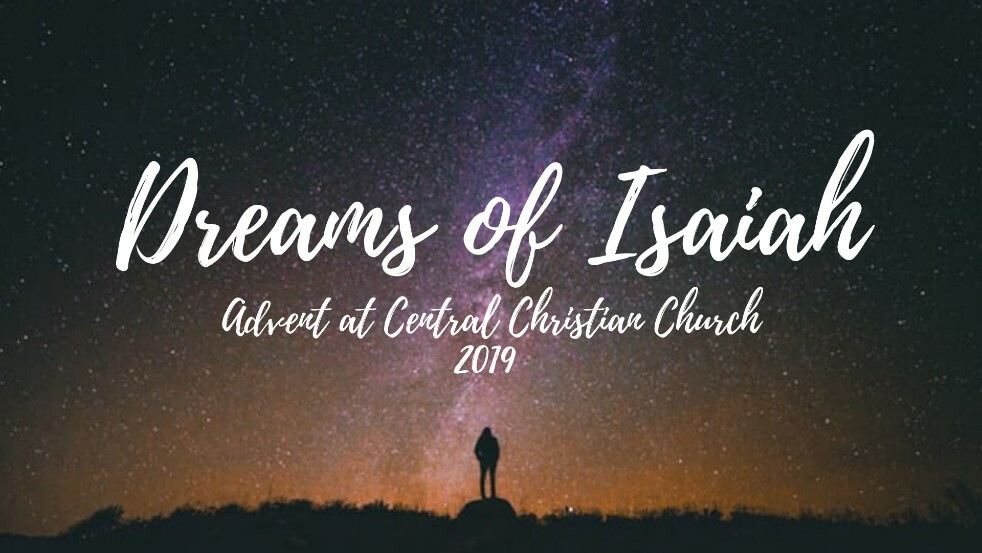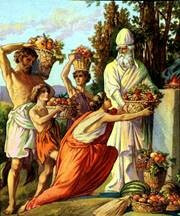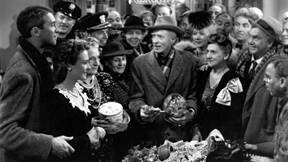The Season of Lent
Face. F-a-c-e. A four letter word with at least that many meanings and connotations. As a noun, “face” represents our identifying mark. Like snowflakes or stripes on a zebra, no two faces are alike. Our face is uniquely and singularly us! Now, there may be things about our face that we don’t like. Things we wish we could change or that we try to cover up, but our face bears the imprint of God – who created each of us with a loving touch and delights in our individuality.
As a plural noun – faces – we may think of crowds. Faces in the crowd. Faces that make up the crowd. Faces (plural) shows that we are part of something bigger than ourselves. Each of us is one part of many; each face shares a common humanity with all the others, yet faces in the crowd can sometimes get lost in the crowd, like a stadium full of spectators. The sea of humanity is so large that it becomes easy to lose the individuality of any one, particular face.
As a verb, “face” can refer to our posture and position; how and in which direction we are standing. To face is to look at; to see; to gaze upon – as when we face the mirror and see our reflection in it, but “face,” as a verb can also mean “to confront;” to “call things for what they are;” not to deny the truth but to admit and accept it, no matter how difficult that might be.
The season of Lent, which begins with Ash Wednesday this week (February 26), is the period of time in the church year that encompasses the seven weeks prior to Easter. The word “Lent” comes from a word that means the “lengthening of days,” which happens in the Springtime. Lent is an opportunity for us to walk with Jesus as he made his journey to the cross- to listen to him; watch him; pay attention to him. It is the goal of every Lenten season that we, through this intensified and intentional focus, grow in our ability to let go of our will and trust more in God’s.
The season of Lent is therefore all about the word “face.” It’s about facing the cross – seeing and gazing upon the sacrifice of Christ; his death and resurrection. It’s about confronting our own sin – from which Jesus died to save us. Sin is about “missing the mark” of perfection; failing to adequately live by God’s Word and Will. The vast majority of sins are committed not because we mean to, but rather in spite of that fact that we don’t. We certainly don’t try to miss the mark, but even in spite of our best efforts, we fall short of the glory of God.
Lent is about confronting this reality; accepting that we are part of a crowd – a common humanity, whose nature it is to do the very thing we shouldn’t do and to fail to do the very thing we should. Lent is about not hiding our face in the crowd and hoping we don’t have to admit this truth. Rather it is about accepting the responsibility that we all have – as unique individuals – to examine ourselves and admit our need for Christ; his forgiveness; his grace. No one can do that work for us but us, and Lent is God’s invitation to accept this important and saving work.
I hope it will be a priority for you to make worship and the activities at Central taking place between now and Easter (April 12) a priority in your life. This season of the year reminds us like no other of our brokenness; our need for Christ; and our desire to keep facing the cross throughout our life of faith. For as the old hymn tells us, it is “In the cross, in the cross,” that our individual souls will find their true home and ultimate rest.
Blessings… Michael




